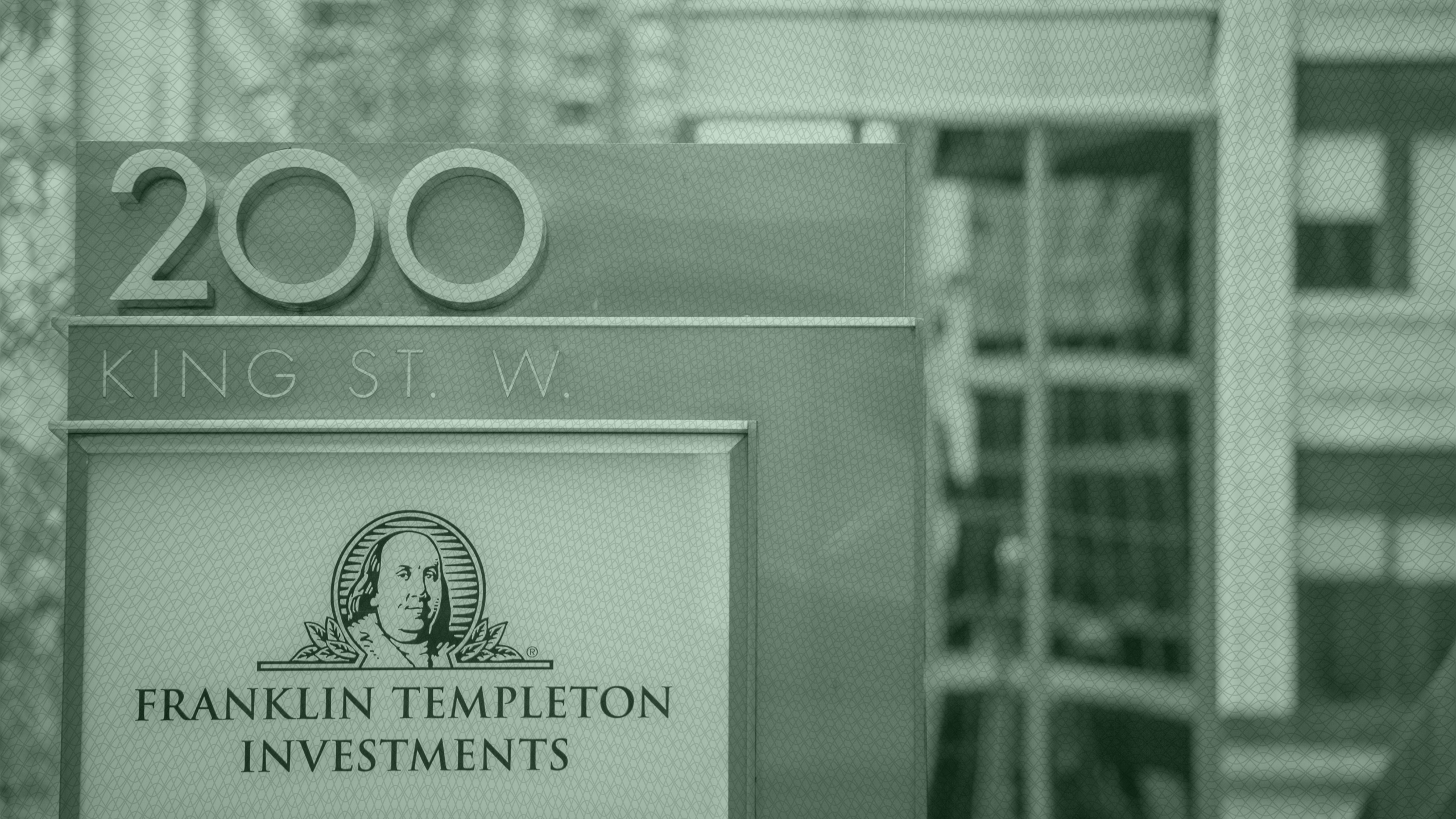Franklin Templeton Doubles Down on Alts
The California firm appointed George Stephan to the new position of Global COO of Wealth Management Alternatives.

Sign up for market insights, wealth management practice essentials and industry updates.
Alternatives are going mainstream.
With investor interest in the asset class skyrocketing, Franklin Templeton is staking its claim as a top name in the alternative investing space, which is now expected to top almost $30 trillion by 2029. The San Mateo, California-based asset manager created a new executive position in its Wealth Management Alternatives business this week and poached George Stephan, a top executive who previously worked at KKR and Morgan Stanley.
“There’s so much activity on the private side now that you really just can’t ignore it if you want a diversified portfolio,” said Jacob Miller, co-founder of private markets investment platform Opto Investments.
Alt Vibes?
The new role is tapping growing demand for new alt products from financial advisors. This year, more than half of RIAs and independent broker-dealers said they would recommend non-traded alternative investments, up from just 25% in 2020, according to CNL Securities’ 2024 survey.
Over the past decade, an advisor looked like a “genius” for holding low-cost, 60/40 portfolios, said Miller. Not anymore. “Once inflation and Fed interest rates increased, it was like the tide went out and that portfolio wasn’t wearing shorts,” he said.
Private credit is emerging as one of the more attractive segments, according to a Morgan Stanley report. The research also found:
- At the start of this year, private credit accounted for roughly $1.5 trillion in assets worldwide.
- Private credit is expected to become a $2.8 trillion asset class globally by 2028.
Ctrl+Alt. Franklin Templeton has grown to be one of the largest managers of alternative assets globally; it’s acquired multiple alt firms since 2018, including Benefit Street Partners, Lexington Partners, and Clarion Partners. As of this June, alternatives made up roughly 16%, or $264 billion, of Franklin Templeton’s $1.65 trillion in AUM. “We have been deliberate about building our capabilities,” Franklin Templeton EVP Adam Spector said in a release.
There are definitely some gaps Franklin Templeton could fill as plenty of the mega-firms are still trying to crack the alternatives code, Miller said. Fidelity is a relative newcomer, with about $70 billion in alternative assets under administration as of March. Vanguard liquidated its Alternative Strategies Fund last year.











